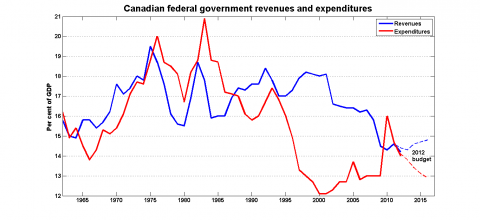Put your tax rates up too high and people start to look at alternative living and working arrangements:
Actor Gérard Depardieu’s decision to flee France for Belgium to avoid a 75 percent marginal tax rate on incomes above $1.3 million sends a message we here in America should heed: Those who are singled out for tax increases are not stationary targets. The means of avoiding and evading the taxman are legion.
U.S. government agencies routinely issue estimates of how changes in the tax code will affect the flow of revenues to the treasury. President Obama says the tax changes he has been seeking will bring in $1.6 trillion over a decade. But such estimates assume taxpayers are something other than human beings who engage in purposive action. People like to keep the money they make — why shouldn’t they? — and they typically avail themselves of every legal (and not-so-legal) strategy to do so. Change the tax environment by raising rates or adversely modifying the rules, and taxpayers, especially those in the upper echelons of earners, can be counted on to modify their conduct accordingly; there’s no reason to think their wish to hold on to their money has diminished just because the tax code has changed.
Economists as far back at J. B. Say and Gustave de Molinari in the 19th century understood this. As Molinari wrote in his 1899 book, The Society of To-morrow, “The laws of fiscal equilibrium set a strict limit to the degree within which it is possible to impose new taxes, or to increase the rates of those already in force. The relative productivity of taxes soon shows when this point has been overstepped, for then returns not only cease to rise, but immediately begin to fall.”




